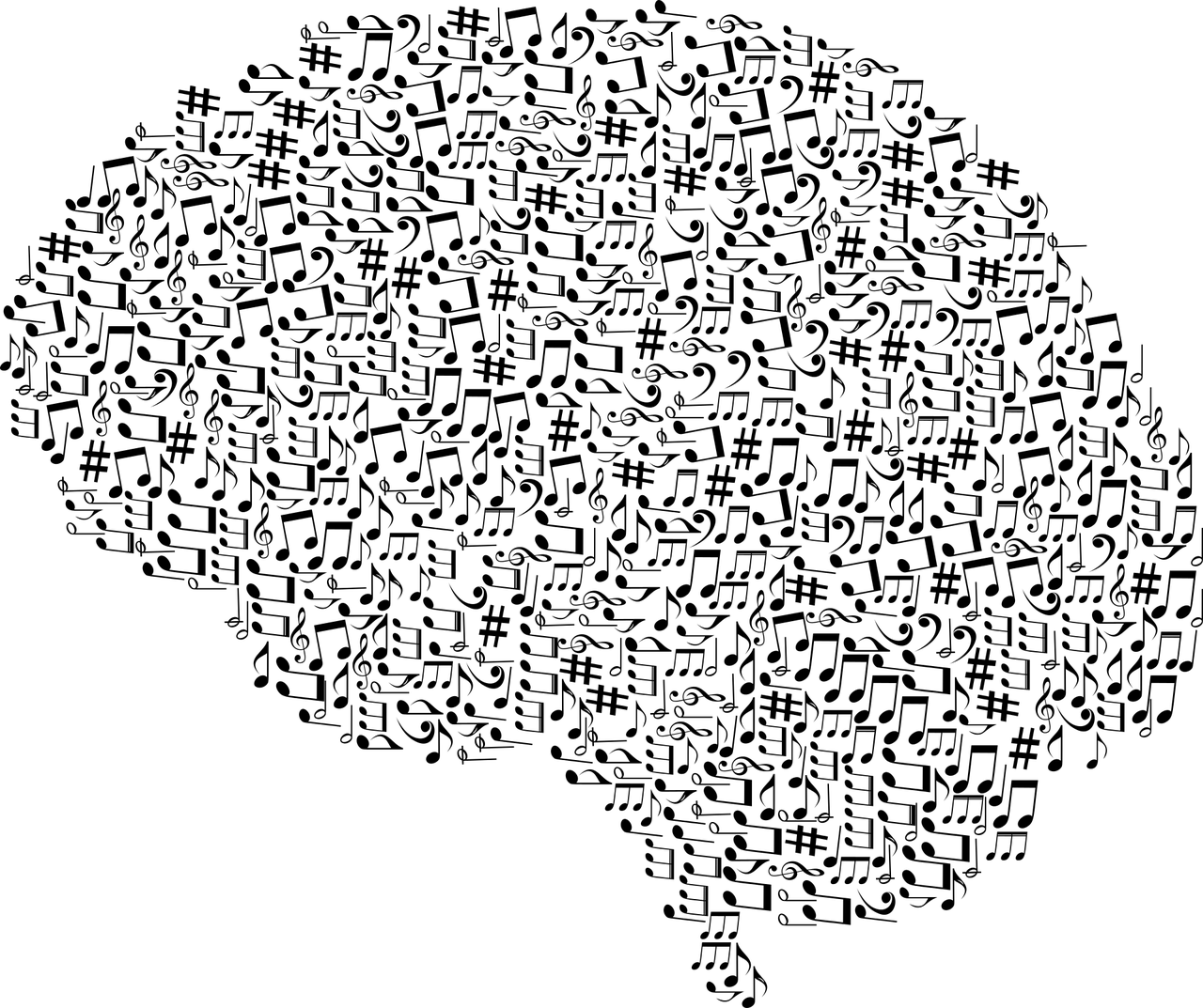
Music Can Make You Smarter
When it comes to music and the brain, many questions have been asked to determine whether music can make you smarter. In particular, people are interested in whether listening to compositions by Mozart can increase your intelligence. Let’s find out why music and the brain can make you smarter.
People are obsessed with improving intelligence and brain activity. This is evident by the thousands of products available today that claim to improve brain function. It could be brain trainers, diets, supplements, and even stimulant medications.
Products that help children’s cognitive functions are even more popular because every parent wants a smarter kid. The more effortless these methods are, the better, and it is why many people have turned to music.
Listening to music is an effortless activity that does not stop you from going about your regular schedule. It is therefore marketed to adults, children, and especially expecting mothers. This insinuates that you can also alter the brain development and function of the fetus, before it is born.
The Mozart Effect
The proof of these products is based on a study conducted in 1993 that birthed the term ‘The Mozart Effect.’ The study sought to determine if listening to Mozart brought better cognitive function.
It began with graduate students listening to either 10 minutes of Mozart, 10 minutes of relaxation tapes, or 10 minutes of silence. After this, they were subjected to a test where they had to imagine what a folded piece of paper looked like if it had several cuts on it. The picture that they worked on imagining would be the unfolded paper with all the holes showing.
The results showed that those who had listened to Mozart did a lot better than the rest. However, the study posed many questions, including if it has the same effect on children. The next study showed 5 year old toddlers listening to either Mozart, Albinoni (another classical music composer), or their favorite kids’ songs from school for the same amount of time, ten minutes. Then they had the kids draw pictures. The adults rated the drawings with no prior knowledge of which children listened to what.
Based on creativity, energy levels, and technical proficiency, children who had listened to their favorite songs did the best, followed by Mozart, then Albinoni. In conclusion, the difference is seen in how well you enjoyed the music versus something that is in the music, even if it is unfamiliar.
The next test sought to determine people’s responses to music. It had adults listening either to Mozart or Albinoni. They determined how they felt about the music. A higher number felt more positive and energetic as a result of listening to Mozart and consequently performed better on the paper test.
Not Just About the Music
From the study, scientists concluded that it had nothing to do with the music but rather how the experience made participants feel. This was proved when they subjected more adults to both Mozart and a Stephen Kind story. Those who liked Mozart did better on the test after listening to the song. Those that enjoyed the story did better after listening to the story. In this scenario, it has nothing to do with the music. Instead, it’s about how it makes you feel.
Music and the Brain
Music does not affect brain function. Instead, it can impact the mood to help you be better at what you are doing. Bad attitudes, therefore, equals a worse cognitive performance.
The same goes for unborn babies. No study has proven that music will improve cognitive ability; however, just like adults, music can affect fetuses’ moods and energy levels. Music can also reduce pain from recovery or labor, stimulate memories in dementia patients, and make recovery easier.
Therefore, if you are looking to stimulate your mood and engage your brain, consider taking San Jose Piano Lessons at For the Love of Piano Studio. You brain won’t regret it.




